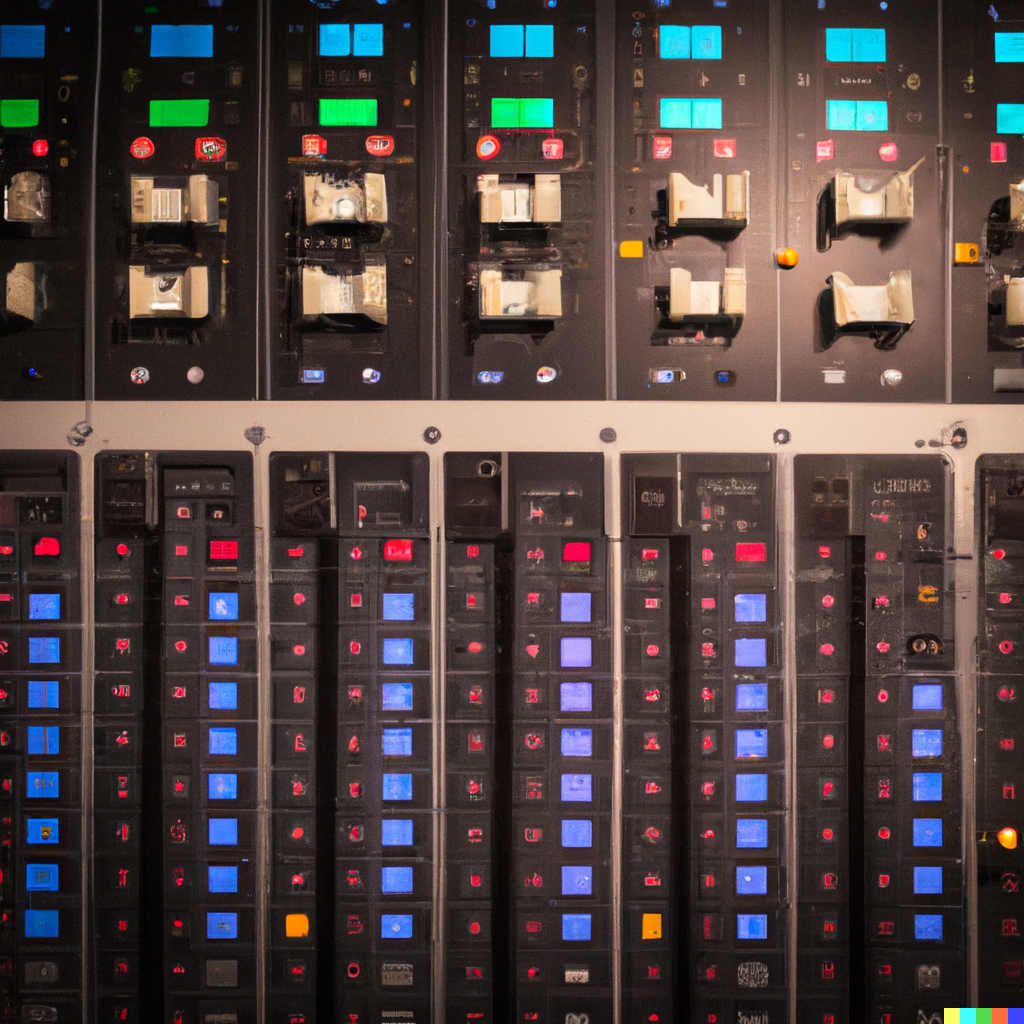Why Are Recording Studios Dark?
Recording studios are known for their dark and dimly lit environments. Have you ever wondered why recording studios are always dark? Is it just for aesthetics, or is there a scientific reason behind it? In this article, we will delve into the various factors that contribute to the darkness of recording studios.
Table of Contents
- Introduction
- The Science Behind Recording Studio Lighting
- Acoustics
- Light Reflection
- Glare and Eye Strain
- Aesthetics
- Practical Reasons for Dark Recording Studios
- Conclusion
- F
The Science Behind Recording Studio Lighting
Acoustics
The main reason why recording studios are dark is due to the science of acoustics. When sound waves bounce off hard surfaces, they can create echoes and reverb that interfere with the clarity of the recorded audio. To minimize these reflections, recording studios are designed with walls and ceilings that are covered in sound-absorbing materials such as foam and fabric.
However, these materials are typically dark in color, which absorbs more light than lighter colors. The result is a darker environment that is more conducive to recording and producing high-quality audio.
Light Reflection
Another factor that contributes to the darkness of recording studios is light reflection. In a bright room, light can bounce off surfaces and create hot spots and shadows that can interfere with the recording process. By keeping the room darker, the risk of unwanted reflections is reduced, resulting in a more controlled recording environment.
Glare and Eye Strain
Recording studios are also kept dark to reduce glare and eye strain. When working with computer screens or other electronic devices, excessive light can cause eye fatigue and strain. By keeping the room darker, the amount of light entering the eyes is reduced, resulting in less eye fatigue and strain.
Aesthetics
While the primary reason for dark recording studios is functional, there are also aesthetic considerations at play. Many recording studios opt for a dark, moody atmosphere that creates a sense of focus and concentration. This can help artists and producers stay in the creative zone, resulting in better quality recordings and productions.
Practical Reasons for Dark Recording Studios
Aside from the scientific and aesthetic reasons for dark recording studios, there are also practical considerations. For example, many recording studios are located in urban areas with high levels of ambient light pollution. By keeping the studio dark, unwanted light from outside is reduced, resulting in a more controlled recording environment.
Additionally, dark studios can also help to hide unsightly cables and equipment. By keeping the lights low, recording engineers can focus on the task at hand without being distracted by cluttered cables and equipment.
Conclusion
In conclusion, recording studios are kept dark primarily for scientific reasons related to acoustics and light reflection. Aesthetics and practical considerations also play a role in the decision to keep the lights low. By creating a controlled, distraction-free environment, recording studios are able to produce high-quality audio that is free from unwanted reflections and ambient noise.

Leave a Reply